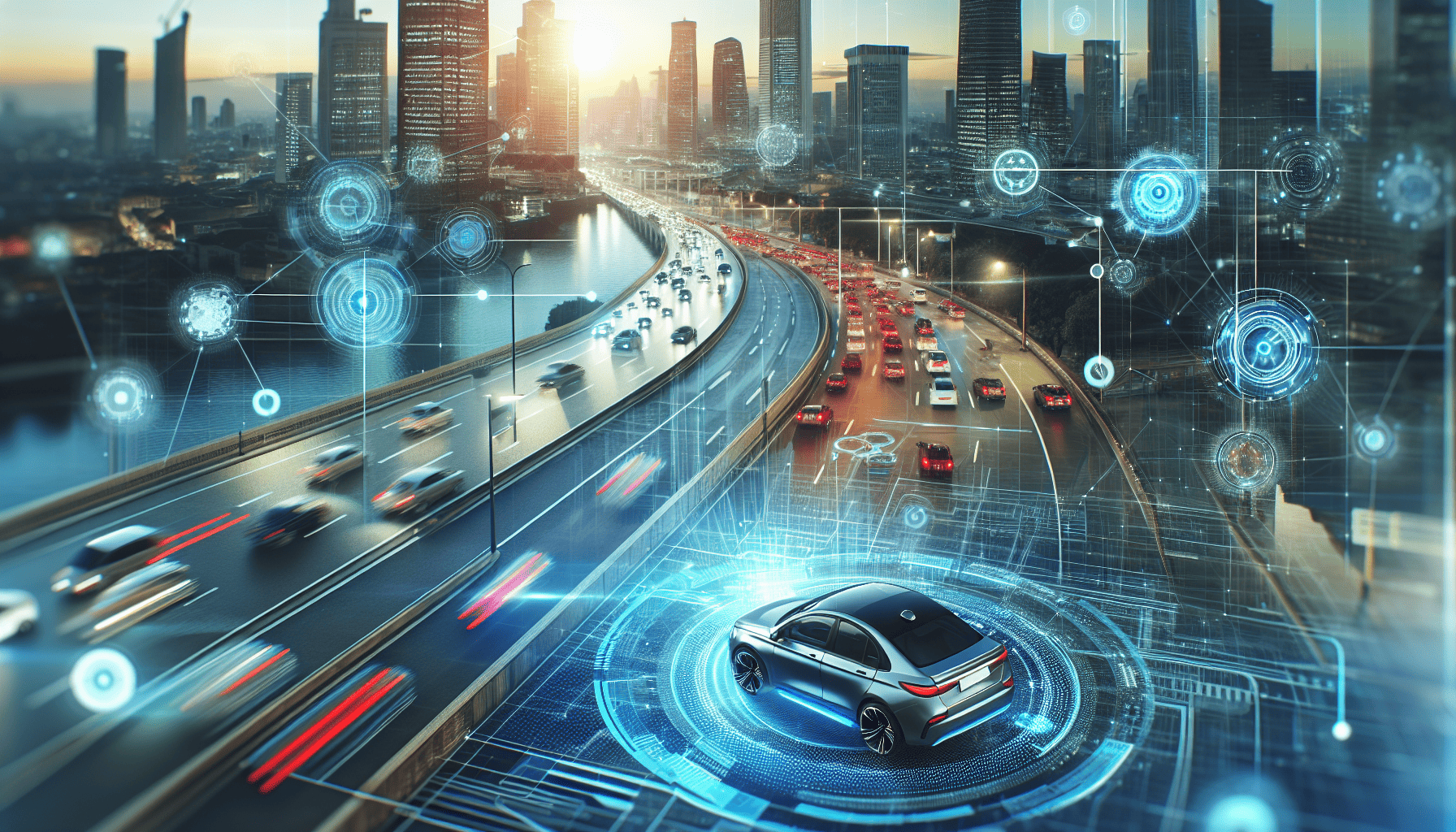Autonomous vehicles have transitioned from the pages of science fiction into the reality of modern transportation. As technology continues to evolve, self-driving cars are poised to transform how we navigate our world. This article explores the mechanics behind these vehicles, their potential impact on society, and what the future may hold for this groundbreaking technology.
At the core of an autonomous vehicle is a combination of cutting-edge technologies that allow it to perceive its environment and make driving decisions without human intervention. These vehicles rely on an array of sensors, including lidar, radar, and cameras, to gather data about their surroundings. Advanced software processes this information, allowing the car to identify other vehicles, pedestrians, road signs, and potential obstacles.
One crucial component of the autonomous car's brain is its artificial intelligence (AI) system. Machine learning algorithms enable these cars to learn from vast amounts of data and improve their performance over time. Through simulations and real-world testing, self-driving cars can predict and respond to complex driving scenarios, aiming to match or exceed the decision-making capabilities of human drivers.
The impact of autonomous vehicles on society could be profound. First and foremost, self-driving cars have the potential to significantly reduce traffic accidents caused by human error, which accounts for the vast majority of collisions. Enhanced safety features and 360-degree awareness make these vehicles adept at preventing accidents that are all too common with human drivers.
Moreover, autonomous cars promise increased accessibility and convenience. For individuals unable to drive due to age or disability, these vehicles offer newfound independence. Urban transportation could become more efficient with shared autonomous fleets, reducing the need for personal car ownership and, subsequently, traffic congestion and pollution.
However, the widespread adoption of autonomous vehicles also presents challenges. Privacy concerns arise from the vast amounts of data these cars collect and process. Questions about liability and ethics also emerge: who is responsible in the event of an accident – the car manufacturer, the software developer, or the occupant? Additionally, the impact on employment, particularly for professional drivers, must be addressed.
Looking to the future, the road to fully autonomous vehicles is still under construction. While several companies have made significant strides in developing self-driving technology, regulatory and infrastructural hurdles remain. Policymakers, technologists, and communities must collaborate to create a safe and efficient framework for integrating these vehicles into our transportation systems.
In conclusion, autonomous vehicles are set to revolutionize the way we travel, offering the promise of safer roads and more efficient transportation systems. As technology and society adapt to these changes, it is essential to balance innovation with ethical considerations and public interest. The journey of autonomous cars has just begun, and the developments in the coming years will shape the future of mobility.
